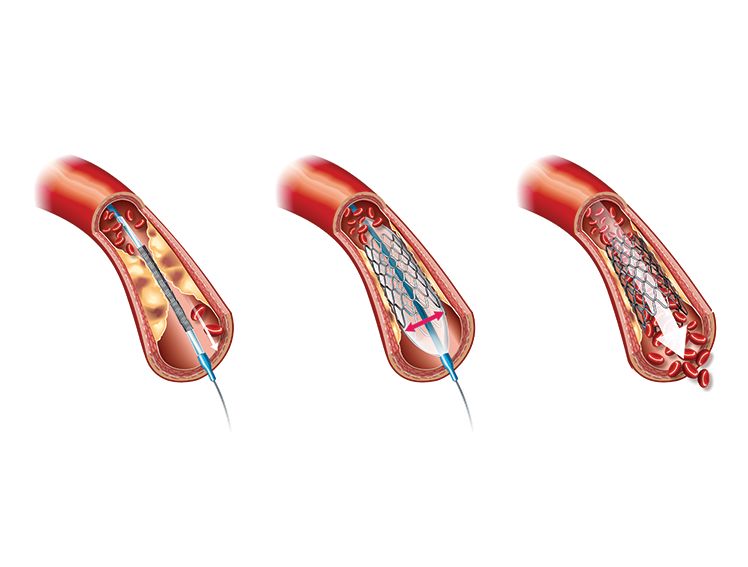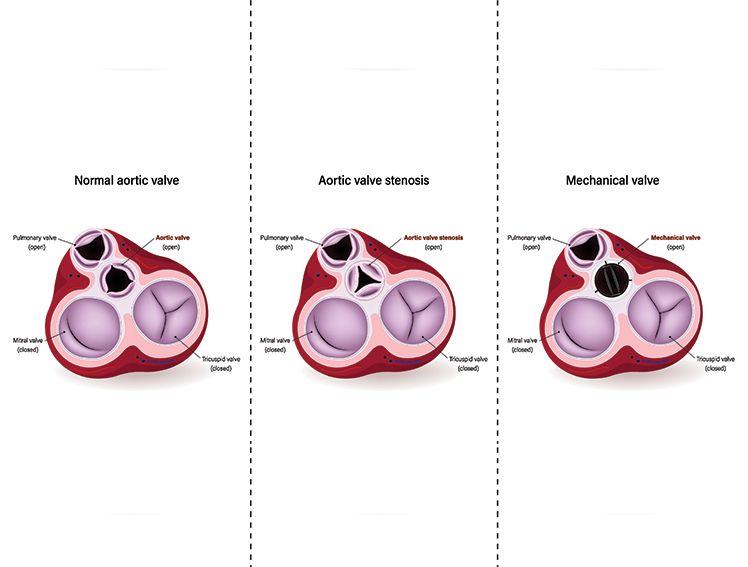
How to Prepare for Heart Valve Replacement Surgery: A Comprehensive Guide
Introduction
Preparing for heart valve replacement surgery can feel overwhelming, especially when you're managing a busy life or caring for little ones. But with the right approach, you can navigate this journey smoothly and confidently. This guide will walk you through each step of preparation, helping you feel ready for what's ahead.
Understanding Your Surgery: What to Expect
Heart valve replacement surgery is a life-changing procedure. It involves replacing a damaged valve in your Heart with a new one, which can be made from biological tissue or synthetic material. The surgery is designed to improve your Heart's efficiency and overall health.
Your medical team will explain the type of valve you'll receive and the approach they'll take, whether traditional open-heart surgery or a less invasive method. Knowing what to expect can aid in easing anxiety and make the experience feel more manageable.
Pre-Surgery Medical Tests and Consultations
Your surgeon and healthcare team will recommend specific tests to evaluate your health. These often include blood tests, imaging studies like echocardiograms, and sometimes CT or MRI scans.
It's essential to share your complete medical history, including any medications or supplements you're taking. If you have young children, consider asking your doctor how soon you'll be able to return to your usual activities so you can plan childcare accordingly.
Physical Preparation
Getting your body ready for Heart valve replacement surgery is just as important as emotional readiness. Follow these tips:
Healthy eating: Focus on a balanced diet rich in vegetables, fruits, whole grains, and lean proteins. This can help your body heal faster.
Exercise within limits: If your doctor approves, light physical activity can strengthen your body for recovery. Walking or stretching might be all you need.
Quit smoking: If you smoke, now is the time to quit. Smoking can slow healing and increase complications.
Talk to your doctor about any specific physical preparations they recommend based on your condition.
Psychological Preparation
It's completely normal to feel nervous or scared before surgery. Acknowledge those feelings and address them.
Educate yourself: The more you know about the procedure, the less intimidating it will feel. Ask your surgeon questions until you're confident about the process.
Talk it out: Share your concerns with loved ones or a counsellor. Sometimes, voicing your fears can make them less overwhelming.
Relaxation techniques: Practice deep breathing, meditation, or gentle yoga to calm your mind.
Organizing Your Home and Support System
Before the big day, set up your home to ensure a smooth recovery:
Create a recovery space: Arrange a comfortable area with essentials like pillows, blankets, water, and medications.
Stock up: Fill your fridge with easy-to-prepare meals and healthy snacks.
Plan for help: Ask family or friends to help with childcare, meals, or errands during your recovery.
If you're a parent, involve your support system in helping with school pickups or bedtime routines while you rest.
Day of Surgery: What to Expect
On the day of your Heart valve replacement surgery, you'll likely arrive at the hospital a few hours early. The staff will guide you through the process:
You'll change into a hospital gown and have a final check of your vital signs.
An anesthesiologist will explain how they'll keep you comfortable during the surgery.
Your family can wait in a designated area while the surgical team gets started.
It's natural to feel a mix of emotions. Trust your medical team—they are experienced and prepared to take great care of you.
Recovery Preparation: What Comes Next After Surgery
The recovery process after heart valve replacement surgery varies for everyone, but here are some common steps:
Hospital Stay: Expect to stay in the hospital for a few days. Your medical team will evaluate your progress and manage any discomfort.
At-home care: Once home, focus on rest and follow your doctor's instructions. You might need to avoid heavy lifting or intense activity for a while.
Cardiac rehab: Your doctor may recommend a cardiac rehabilitation program to help you regain strength.
Follow-ups: Attend all scheduled follow-up appointments to track your progress and address any concerns.
If you’re juggling recovery and parenting, lean on your support network to handle the heavier tasks while you focus on healing.
Conclusion
Preparing for heart valve replacement surgery can feel daunting, but with the right steps, you can approach it with confidence. By understanding the procedure, organizing your home, and leaning on your support system, you'll be ready for a smoother journey.
Remember, this is about prioritizing your health—not just for you but for your loved ones. Take each step one day at a time, and trust that you've got this.



